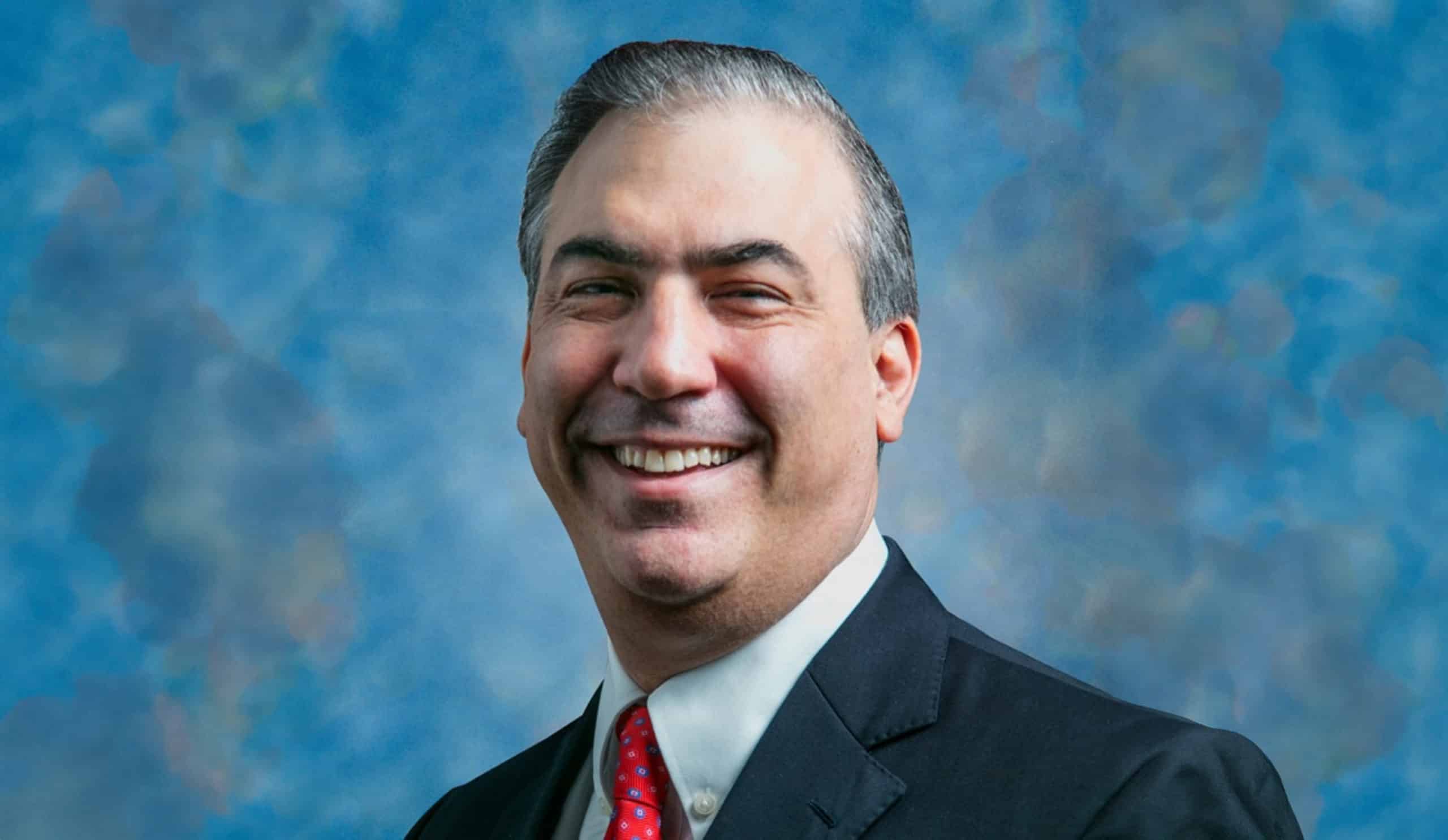Federal Express Corporation (FedEx), the world’s largest express transportation company, has celebrated a decade of driving growth and social impact in Africa.
Since entering the African market, FedEx has strategically expanded its footprint through acquisitions. The 2014 acquisition of SupaSwift and the subsequent acquisition of TNT in 2016 solidified FedEx’s position as one of Africa’s leading domestic and international transportation solutions providers.
FedEx has always been conscious of its global operations’ social and environmental impact, aiming to deliver responsibly and resourcefully for the communities it serves worldwide. To mark ten years of operations, Taarek Hinedi, Vice-President of FedEx Middle East and Africa Operations, shares more about the FedEx commitment to Environmental, Social, and Governance (ESG) principles, their evolving impact on the African continent, and the progress made in sub-Saharan Africa.
Q. Can you share some key FedEx sustainability goals for the coming years?
A. We are focused on optimizing our network to meet the evolving needs of customers and ultimately build a more intelligent enterprise that can deliver a sustainable future and smarter supply chains for all. By investing in the efficiency and resiliency of our network, we can work to reduce our environmental footprint, while growing responsibly and creating a simplified experience for our customers.
Loading...
Our enterprise-wide sustainability goal is to achieve carbon-neutral global operations by 2040, guided by strategic principles that cover the comprehensive actions needed to not only achieve carbon neutrality, but also to support the transition of the transportation and logistics industry. To decarbonize in our own operations, we have interim goals for pickup and delivery electric vehicle purchases and sustainable fuel procurement to reduce our environmental impact.
Q. How does FedEx balance business objectives with its commitment to environmental stewardship?
A. Our philosophy of practical sustainability drives us toward responsible business stewardship while innovative solutions improve efficiency. We take great care to match the right technology with the right operating environment, knowing that any technology in our network must be reliable and help us deliver the superior service that our customers expect.
But, contrary to what some might assume, business objectives and environmental stewardship aren’t always in competition: improving energy efficiency can reduce fuel and energy consumption costs.
Q. What impact has the introduction of electric vehicles in Africa had so far?
A. Introducing electric vehicles is a recent and promising initiative which commenced in June 2023 with the deployment of ten electric vehicles in South Africa’s vehicle fleet. While it is still early to gauge the full extent of the initiative’s impact, swapping traditional internal combustion engine vehicles with zero-tailpipe emissions electric models reduces carbon emissions and contributes to cleaner air quality, aligning with our global sustainability goals.
The initial trials assessed the MAXUS eDeliver 3 model’s performance on standard routes. It has zero tailpipe emissions and a 240km range on a single charge, which has proven to be sufficient for typical delivery routes, making sure our technology can hold up to network demands and customers’ expectations.
Q. Please highlight some impactful charitable FedEx initiatives executed in Africa.
A. Under the FedEx Cares umbrella, we have partnered with various non-profit organizations to deliver resources that improve the lives of those we serve.
In FY24, through a collaboration with The Wana Johnson Development Project, we donated a new container classroom which serves as a Montessori Center for children in Taweni in Eastern Cape, South Africa.
We also donated two boreholes to Kanana, an underserved town in the rural Gauteng province of South Africa, to alleviate the effects of the area’s water shortage and help residents access clean drinking water.
Q. How does FedEx support local businesses and entrepreneurs in Africa?
A. FedEx enables SMEs to reach their full potential by connecting them to a world of possibilities through the strength of our global network, tailored services, and digital solutions.
In the thriving wine industry of South Africa, for example, FedEx has tapped into the wine market to sponsor the FedEx Next Generation Awards, which recognize start-up wine producers in the country. This is in line with our specialized wine shipping solutions for exporters where we offer free customized FedEx packaging designed specifically for shipping wine internationally. This has broadened our customers’ networks and allows high-speed transit times through the world’s largest cargo airline.
We’re also supporting our customers’ sustainability goals and helping them make informed supply chain decisions with digital solutions. Our direct-access emissions reporting tool, FedEx® Sustainability Insights, is available in 34 languages and provides emissions estimates at the package and account level for eligible shipments.
Such offerings can benefit business partners as well as the planet at large.
Loading...
